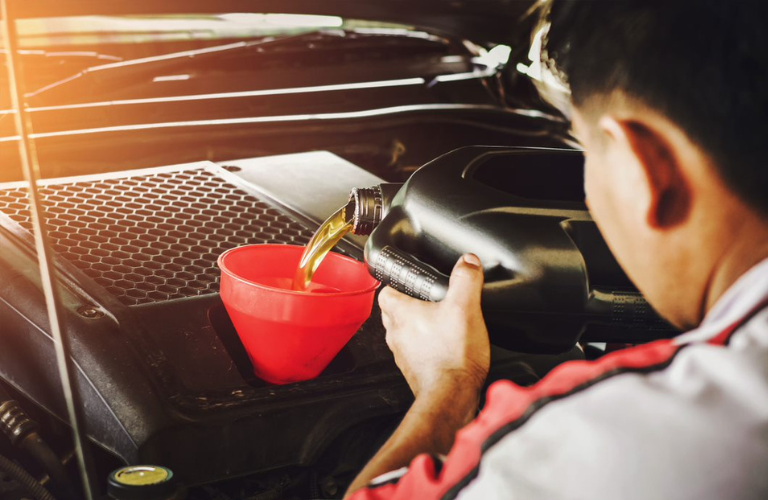Third Coast Auto Group Official Blog
What is the difference between gasoline and diesel engines?
By Product Expert | Posted in Tips and Tricks on Tuesday, May 23rd, 2017 at 10:08 pm
Gasoline engines are some of the most common on the road in the United States, but diesel engines are beginning to be in the news more and more. Granted, a lot of the time that is because diesel engines from specific companies have been blasted for their lack of compliance with U.S. emissions regulations. By what is the difference between gasoline and diesel engines? Learn a few gas vs diesel advantages, and why emissions matter, below.
Gas vs diesel engine advantages
There are a lot of advantages to diesel fuel, but many of them are countered or at least balance by disadvantages. Diesel often pays off on large trucks and transport vehicles, because the massive torque available from a diesel engine can help with towing. While the used inventory here at Third Coast Autos is always changing, we generally offer only gasoline models, which are more common and generally less expensive.
Fuel Efficiency and Cost
Diesel fuel burns more efficiently, which means that drivers can generally get more miles to the gallon with diesel than gasoline. However, the higher cost of diesel fuel may counterbalance that efficiency for many vehicle shoppers.
Engine Durability and Repairs
Diesel engines are built to take a lot of abuse, so they tend to last longer than gasoline engines, even with a lot of towing and hauling. However, if they break they usually cost more to repair because diesel engines are more complicated.
Starting in the Cold
If you have a diesel vehicle and live in cold weather (so, not where we are in the hot heart of Texas), then you may need a heater to make sure your engine will turn on in the winter. However, a diesel engine doesn’t require spark plugs to activate, so you never have to worry about that ignition problem.

Why diesel fuel emissions matter
Of course one of the challenges with diesel power is the emissions issue. Recently, several diesel vehicles have been penalized for producing falsified emissions testing. All vehicles produce pollution, but diesel engines not designed to minimize emissions send more toxic chemicals into the air, which can seriously interfere with air quality and cause breathing problems. Some diesel engines produce emissions levels comparable to those produced by gasoline engines, and these would be the best to buy.


